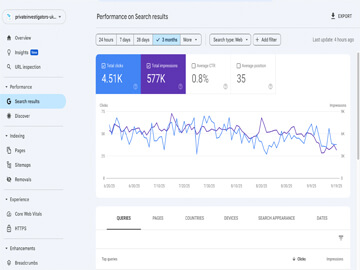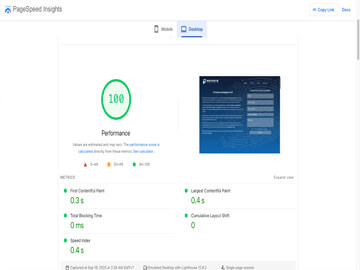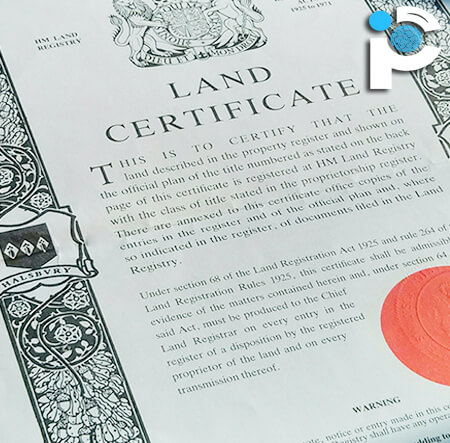
Quick Navigation
- What is a statutory demand?
- Who can use them and thresholds
- Situations warranting a statutory demand
- When a statutory demand is appropriate
- Required forms and templates
- How to serve a statutory demand
- Proof of service and evidence
- What happens after service
- Setting aside a statutory demand
- Bankruptcy vs winding up
- Statutory demand vs Letter Before Action
- Costs, risks, and common mistakes
- Using process servers
- FAQs
- Final thoughts
Statutory demands are powerful legal tools used in the UK debt collection process to recover unpaid debts. This guide explains what they are, when to use them, the legal thresholds involved, how to serve one, how to challenge or set one aside, and how professional process servers can help. Whether you're a landlord, business owner, or individual creditor, this article outlines the essentials of making a statutory demand effectively and lawfully.
A statutory demand serves as an official notice issued by a creditor that outlines a formal demand for payment. It warns the debtor of possible insolvency proceedings if the owed sum is not settled or if an alternative agreement acceptable to the creditor is not reached within 21 days.
What is a Statutory Demand?
A statutory demand is a formal device used in insolvency law. It is not a court order, but it can trigger serious consequences if ignored. For individuals, non-payment can lead to a bankruptcy petition. For companies, non-payment can support a winding up petition. Creditors often use statutory demands because they can result in swift payment or settlement without needing a full court claim.
Who Can Use Them and the Minimum Debt Thresholds
- Individuals where the debt owed is more than £5,000.
- Companies where the debt owed is more than £750.
The debt should be due and undisputed. If there is a genuine dispute or a substantial cross-claim, a statutory demand may be inappropriate and open to challenge. Debts older than six years are generally time-barred under the Limitation Act.
Situations Warranting a Statutory Demand
Statutory demands can be employed by anyone owed money, including landlords not receiving rent, suppliers with unpaid invoices, or individuals whose loans have not been repaid. They are most effective where:
- The debt is clearly due, liquidated, and undisputed.
- You have documentary evidence such as invoices, contracts, or a judgment.
- Previous steps like reminders and a Letter Before Action have failed.
For individuals the £5,000 minimum applies. For companies the £750 minimum applies.
When a Statutory Demand is Appropriate
You may issue a statutory demand for payment against an individual or a company if you are the creditor. You do not need a solicitor to proceed, though professional advice is sensible where disputes may arise. If the debt has been outstanding for more than six years, a statutory demand will usually not be available due to limitation.
Required Forms and Templates
Different templates exist depending on the nature of the debt, for example:
- Debts currently due
- Debts owed under a judgment or court order
- Debts payable in the future
Download the correct forms from the GOV.UK statutory demand forms page. Completing the right form helps avoid a later application to set aside for technical defects.
How to Serve a Statutory Demand
For individuals you should serve the demand personally, or instruct a professional process server to do so. For companies you may leave it at the registered office or have it delivered to a director, company secretary, manager, or principal officer. Correct service is vital for later insolvency action.
Prefer not to serve it yourself? We can serve statutory demands and court paperwork for you across the UK. Fast, documented service with proof of delivery.
Best practice for service and wording also targets related searches like process server statutory demand, how to serve a statutory demand, and legal document delivery UK.
Proof of Service and Evidence
- Exact date and time of service, with a process server’s statement or postal proof.
- Any written acknowledgement from the debtor.
- Copies of the signed demand and supporting documents such as invoices, statements, or a judgment.
These records are vital if the debtor ignores the demand. After 21 days you may commence bankruptcy proceedings for individuals over £5,000, or winding up proceedings for companies over £750.
What Happens After a Statutory Demand is Served?
- For individuals you may present a bankruptcy petition if the debt exceeds £5,000 and remains unpaid after 21 days.
- For companies you may issue a winding up petition if the debt exceeds £750 and remains unpaid after 21 days.
Some debtors pay, propose instalments, or offer security. Others may contest the demand or apply to set it aside. Ignoring a statutory demand can lead to serious legal and financial consequences, which is why statutory demands often prompt quick resolution.
Setting Aside a Statutory Demand
Debtors can apply to set aside a statutory demand where, for example, there is a genuine dispute, a substantial cross-claim, the amount is below the threshold, or the demand contains a serious defect. As a creditor, you should ensure:
- The debt is clearly particularised and evidenced.
- All sums and dates are accurate.
- Service was valid and can be proved.
Including this information reduces the risk of a successful set-aside and targets search terms like set aside statutory demand and challenge a statutory demand.
Bankruptcy vs Winding Up
Bankruptcy petition applies to individuals and sole traders where the qualifying debt exceeds £5,000. Winding up petition applies to limited companies and LLPs where the qualifying debt exceeds £750. Both are serious insolvency proceedings, so creditors should weigh costs, prospects of recovery, and the debtor’s assets before issuing petitions.
Statutory Demand vs Letter Before Action
A Letter Before Action is a pre-action protocol step that warns court action may follow. A statutory demand is an insolvency step that warns bankruptcy or winding up may follow. Many creditors send an LBA first, then escalate to a statutory demand if payment is still not made.
Costs, Risks, and Common Mistakes
- Costs include preparation, process server fees, and potential petition costs if it proceeds to insolvency.
- Risks include a set-aside application, costs orders, or issues if used where a dispute exists.
- Common mistakes include using the wrong form, serving at the wrong address, demanding sums below the threshold, or using a demand where there is a genuine dispute.
Using Process Servers for Statutory Demands
While self-service is possible, many creditors hire professional process servers to handle delivery of statutory demands, divorce papers, and other legal notices. Process servers are trained to manage sensitive situations and provide evidence of service that supports later court action.
Need help now? Book our UK-wide process serving or learn more about us on the homepage.
FAQs
How long does a statutory demand last?
Once served, the debtor has 21 days to pay, settle, or dispute. After that window you may proceed with insolvency steps if thresholds are met.
Can I issue a statutory demand for part of a disputed invoice?
Generally no if the debt is genuinely disputed. Use a court claim to resolve disputes before considering insolvency steps.
Is a statutory demand the same as a court order?
No. It is a formal insolvency notice, not a judgment. Ignoring it can lead to bankruptcy or winding up if the criteria are met.
Do I need a solicitor?
Not required, but recommended in complex or disputed matters.
Final Thoughts
Statutory demands are a powerful, cost-effective route to recover unpaid debts in the UK. If you're owed a qualifying amount and wish to take a formal step toward recovery, issuing a statutory demand can often prompt swift payment, particularly when handled correctly with professional support. Always ensure your documentation is in order, deadlines are met, and service is properly executed to protect your position.
Ready to proceed? We can serve your statutory demand and provide proof of service, usually within short lead times.




